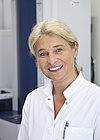CD Laboratory for Fungal infections: avoid, find and treat
Head of research unit
Commercial Partner
Duration
Thematic Cluster
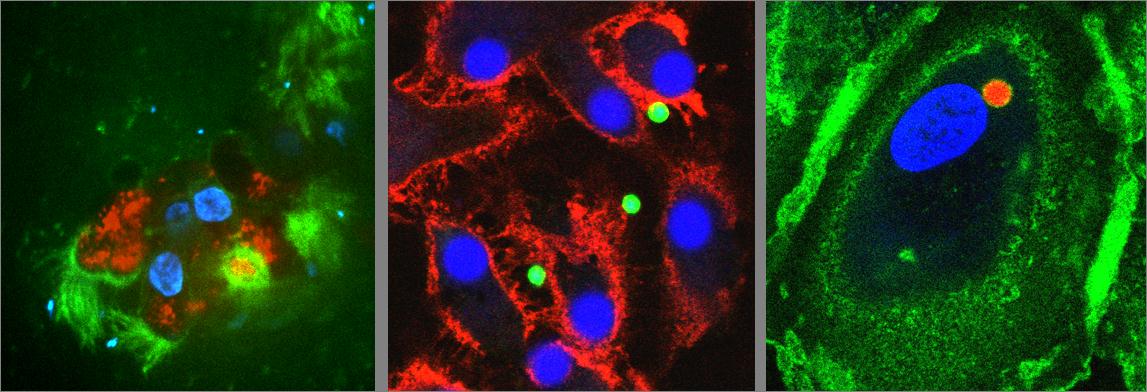
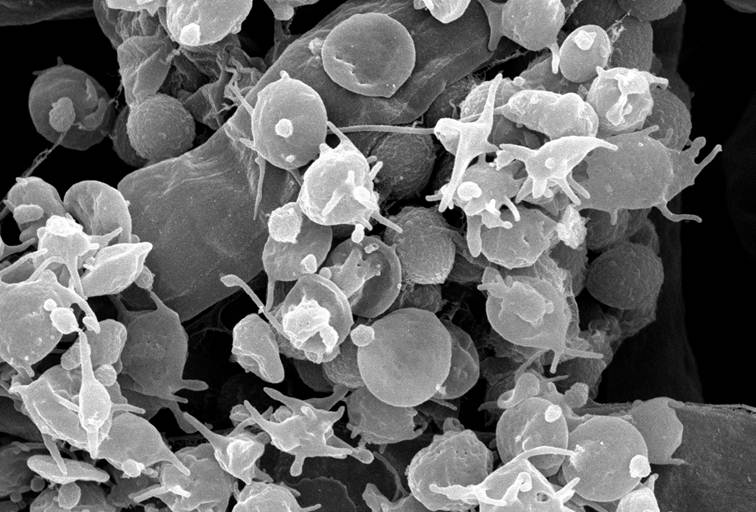
Infections with bacteria, viruses and fungi are among the most common causes of death worldwide. This CD Laboratory researches innovative techniques for the diagnosis and treatment of fungal infections and develops germ-free surfaces.
Hospital-acquired infections have dramatically increased in importance in recent years. One of the main reasons for this is the increasing number of severely immunocompromised or seriously ill patients, as well as the increasing resistance of pathogens to antibiotics and antimycotics. Diagnosis is not very satisfactory and therapeutic interventions are very limited due to a lack of potent drugs. There is therefore an urgent need for innovation in the field of diagnostics and therapy. Furthermore, sustainable ways must be found to prevent the spread of pathogens.
Pathogens spread via various routes and surfaces and, according to current knowledge, are important in the transmission of epidemiologically relevant pathogens such as methicillin-resistant Staphylococcus aurereus, vancomycin-resistant enterococci, viruses or fungi. A number of important hospital infection pathogens contaminate the patient environment and cannot be sufficiently removed by standard cleaning measures. They survive for weeks to months on dry surfaces, including walls, establishments and floors.
This CD Laboratory works on innovative molecular-based diagnostics of fungal infections, including resistance markers, and analyses and evaluates various antifungal combination therapies. The CD Laboratory is also researching and developing material systems based on melanin resins to achieve germ-free surfaces. These novel surfaces should be rapidly effective against numerous microorganisms and work independently of resistance to antibiotics and antimycotics. The germ-reduced surfaces achieved in this way should reduce the rate of infections in hospitals.
With all its research activities, this CD Laboratory supports the fight against infections and helps to improve the quality of life and survival of patients.
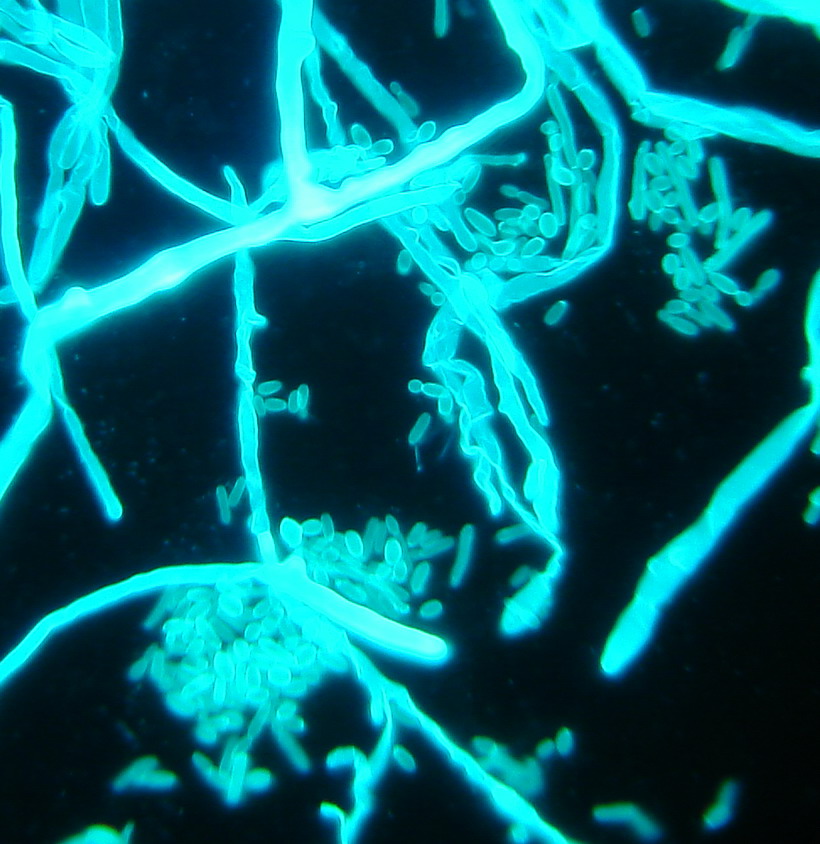
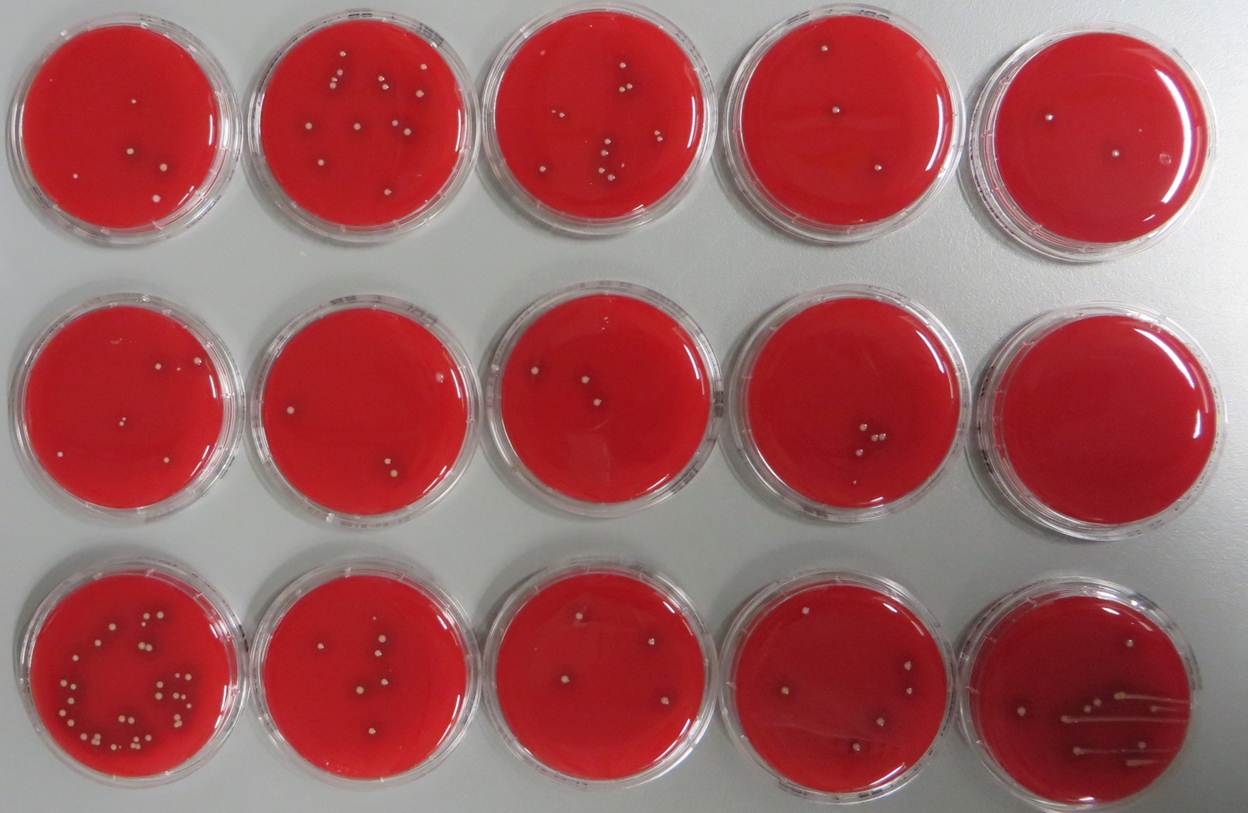
Christian Doppler Forschungsgesellschaft
Boltzmanngasse 20/1/3 | 1090 Wien | Tel: +43 1 5042205 | Fax: +43 1 5042205-20 | office@cdg.ac.at

